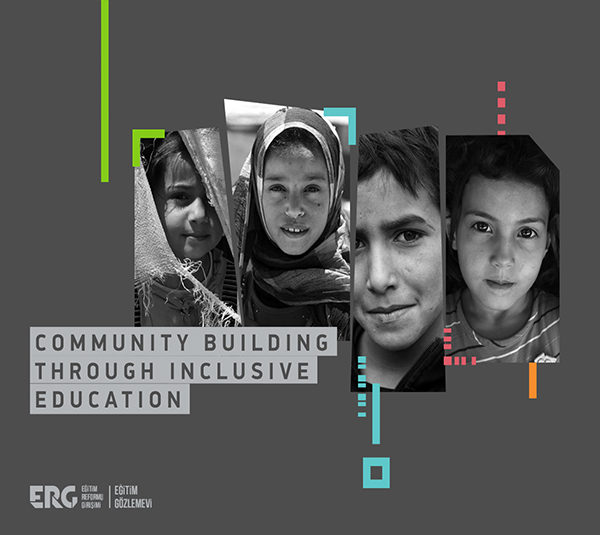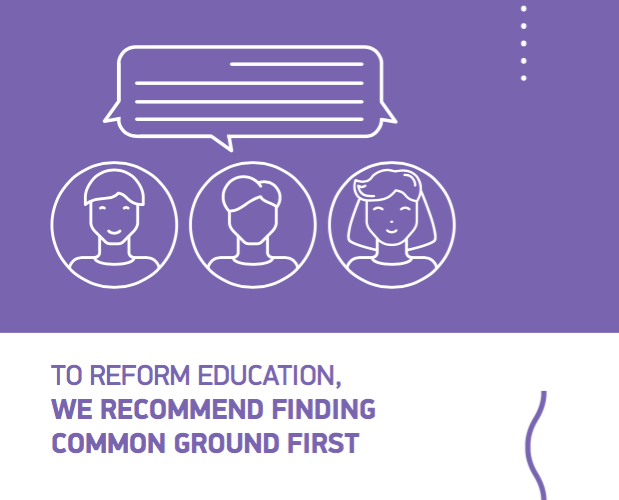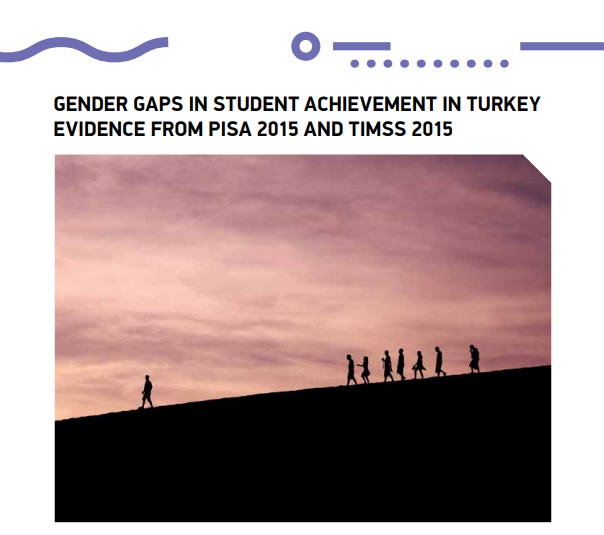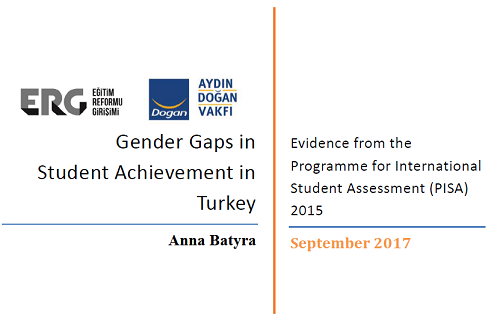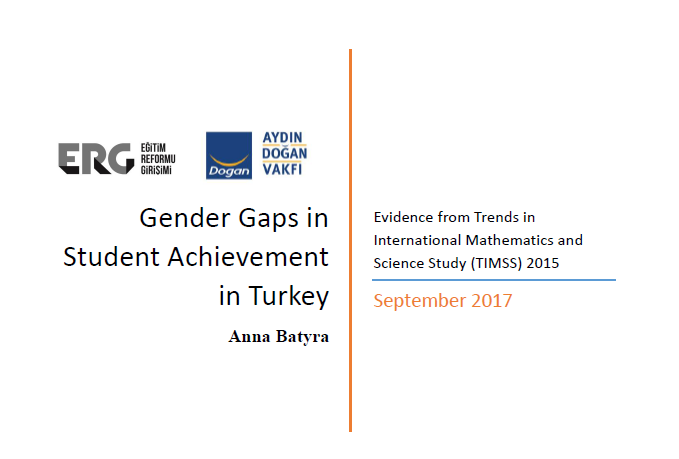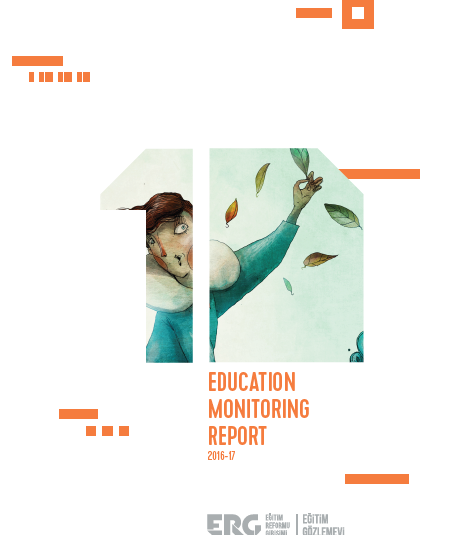Community Building Through Inclusive Education
Turkey hosts around 4 million refugees, of which 3.6 million refugees are from Syria, which is more than half of the Syrian refugee population in the Middle East region. While ensuring that every refugee child has access to quality education is of the highest importance, “the refugee crisis” urges us to rethink the way that the Turkish education system can best serve its multiethnic, multilingual body in a more inclusive way.
In recently published report entitled “ Community Building Through Inclusive Education ”, Education Reform Initiative (ERG) constructs and promotes a holistic paradigm for inclusive education in Turkey. In addition to recapitulating the scope and complexity of the challenge that refugees and their host communities throughout Turkey face in education, this report delineates the concrete steps that must be taken in order to ensure that refugee children become long-term members of Turkish society. It also promotes a holistic paradigm for inclusive education for the relatively more flexible civil society actors, such as family and corporate foundations, which can supplement inclusive education policies implemented at the macro-level.
